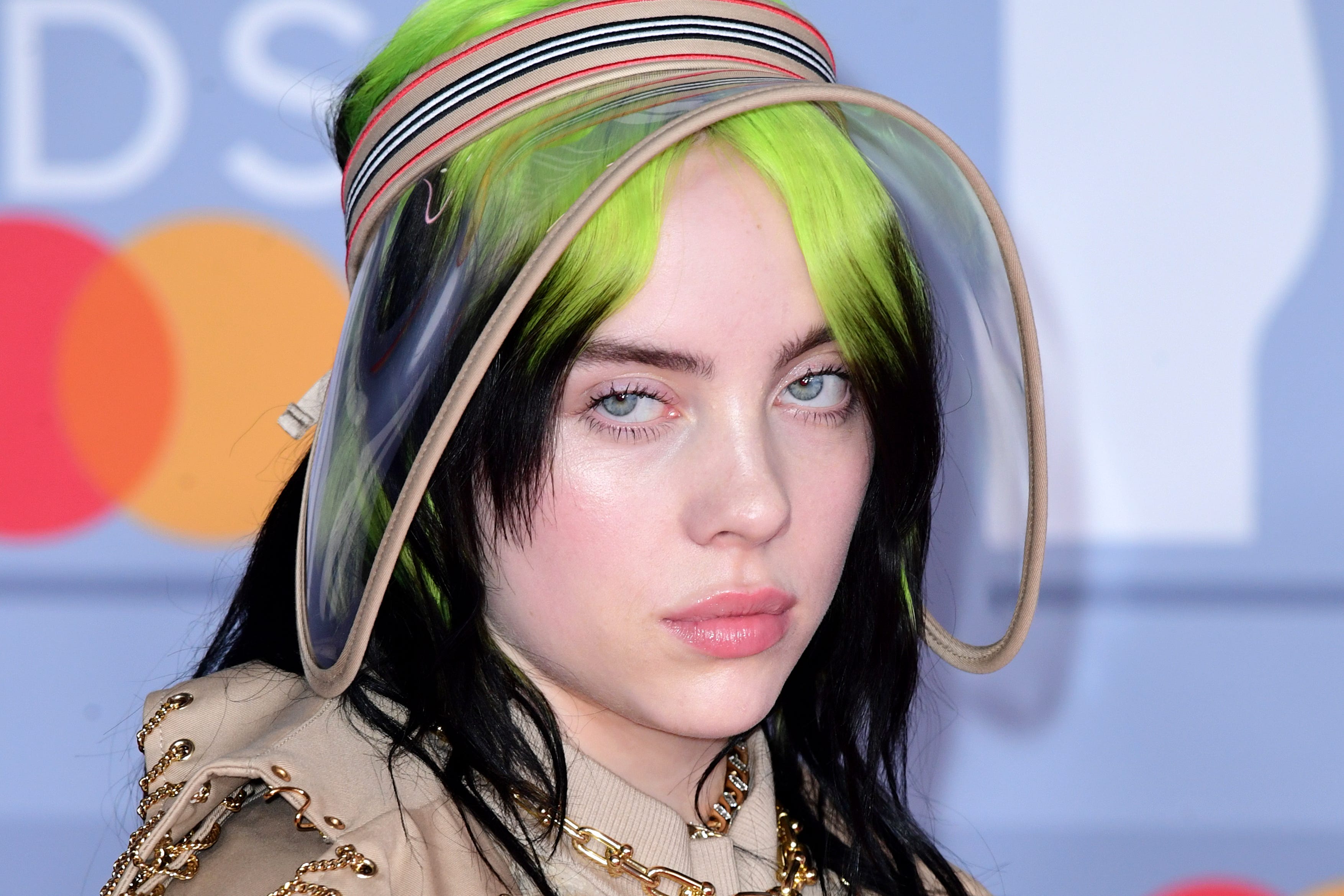Billie Eilish and Engelbert Humperdinck ‘object to predatory use of AI’
It claims that musical works are being used by AI developers to train and produce ‘copycats’ without permission.

American singer Billie Eilish and British pop star Engelbert Humperdinck have objected to the “predatory use of AI to steal professional artists’ voices and likenesses”.
They are among the more than 200 artists who have signed an open letter warning AI developers, technology companies, platforms and digital music services against the unauthorised use of songs and other works.
The Artist Rights Alliance (ARA), who organised the campaign, released the letter which states: “Make no mistake: we believe that, when used responsibly, AI has enormous potential to advance human creativity and in a manner that enables the development and growth of new and exciting experiences for music fans everywhere.
“Unfortunately, some platforms and developers are employing AI to sabotage creativity and undermine artists, songwriters, musicians and rightsholders.
“We must protect against the predatory use of AI to steal professional artists’ voices and likenesses, violate creators’ rights, and destroy the music ecosystem.
“We call on all digital music platforms and music-based services to pledge that they will not develop or deploy AI music-generation technology, content, or tools that undermine or replace the human artistry of songwriters and artists or deny us fair compensation for our work.”
It also claims that musical works are being used by AI developers to train and produce “copycats” without permission and the use of generated “sound” will dilute royalty obligations if not used properly.
Also signing up to the call was Eilish’s songwriting partner and brother Finneas O’Connell, US musician Katy Perry, former One Direction member Zayn Malik, British folk rock band Mumford & Sons and American singers Jon Bon Jovi and Norah Jones.
Jen Jacobsen, executive director of the ARA, said: “Working musicians are already struggling to make ends meet in the streaming world, and now they have the added burden of trying to compete with a deluge of AI-generated noise.
“The unethical use of generative AI to replace human artists will devalue the entire music ecosystem for artists and fans alike.”
US rock band Imagine Dragons, Cuban-born singer Camila Cabello, American singers Jon Batiste and Sheryl Crow, British singers Calum Scott, Elvis Costello, Jess Glynne, Jamie Cullum and Brits Rising Star winners The Last Dinner Party along with the estate of actor and musician Frank Sinatra also signed the letter.
The use of AI has been on the rise in music, and Warner Music Central Europe offered its first record deal to a digital character, Noonoouri, which was based on a real person’s voice, in September 2023. The artists who appear in its music will receive royalties and publishing splits just like any traditional song, it is believed.
The family of DJ Tommy Vance recently agreed to his voice being used to promote the radio station Boom Rock between songs, and technology was used to bring Elvis Presley back for hologram concerts, set for London later this year.
However, the technology has also seen a mixed reaction with Irish singer Hozier telling the BBC’s Newsnight programme last year that he would consider striking over the use of AI as he thinks that the technology cannot “create something based on a human experience”.
Country singer Dolly Parton also said that she has concerns AI could “leave my soul here on this earth”.
Bookmark popover
Removed from bookmarks